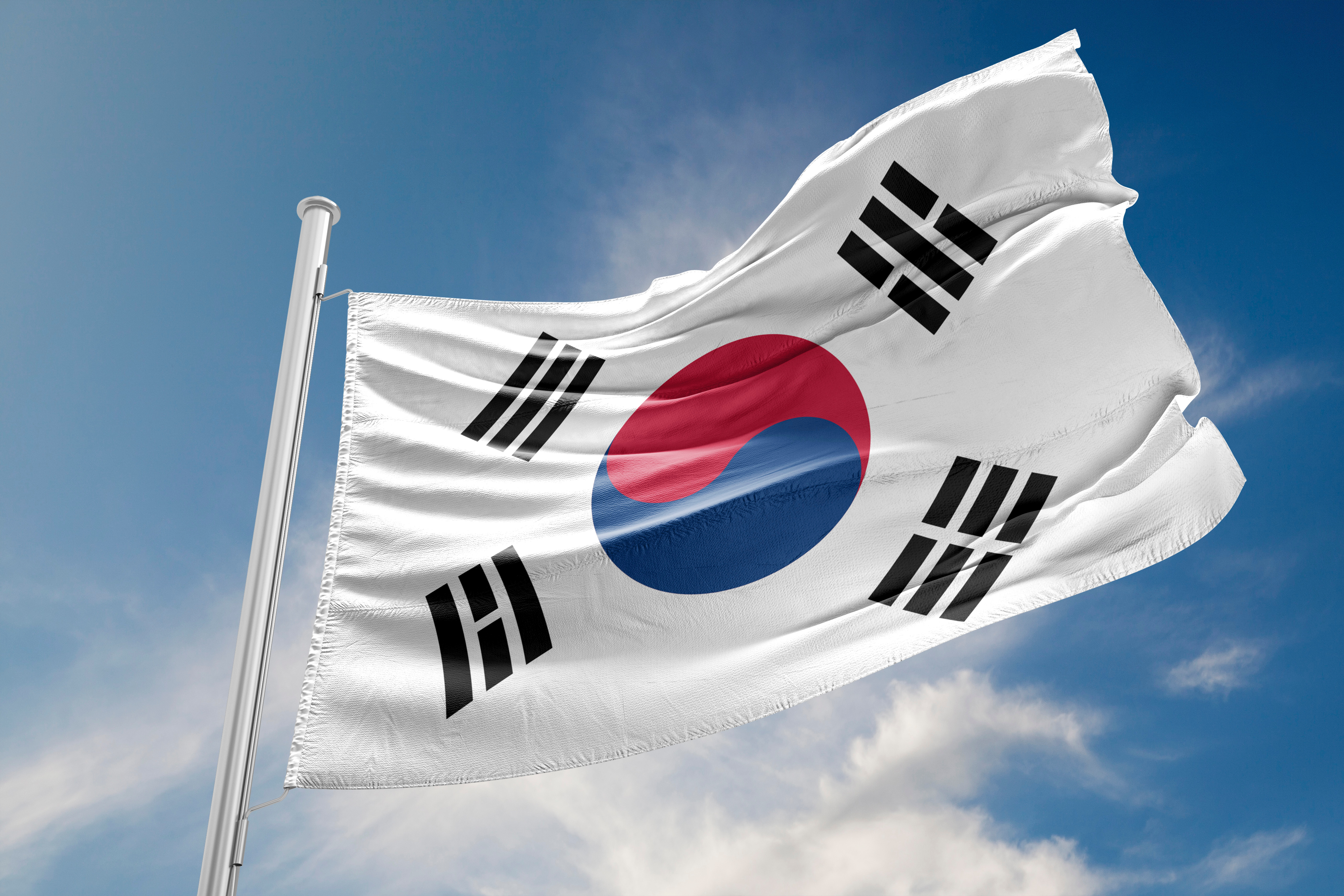
As 2024’s year of elections progresses, we continue to look at the trade and economic profiles of countries heading to the polls. To mark South Korea’s parliamentary elections, the Daily Update considers the country’s booming semiconductor trade and nascent UK trade deal.
Election
Today (10 April), ballots will be cast for candidates hoping to enter South Korea’s 300-strong National Assembly, which sets the domestic policy agenda over each four-year term.
The left-leaning Democratic Party Korea (DPK) currently has a clear majority, which they’ve used to block much of president Yoon Suk Yeol’s domestic agenda. Exit polls strongly suggest the party will increase its majority, resulting in Yeol, who represents the centre-right People Power Party (PPP), further losing his ability to push domestic legislation forward.
Parliamentary gridlock has limited his ability to push through financial reforms or address ongoing doctor’s strikes, although his foreign policy mandate – aligning South Korea more closely with the US and Japan – is likely to be unaffected by the election.
The electoral system blends single-candidate voting with proportional representation (PR), as 253 districts operate a first-past-the-post system, where the candidate with a majority of votes is sent to represent that district, and the remaining 47 districts use national party lists.
This creates a two-party race, with power typically passed between DPK and PPP. However, former justice minister Cho Kuk’s new Rebuilding Korea Party (RKP) has been forecast to win 15 seats in some surveys, while other commentators suggest that it could perform even better and attain kingmaker status amid public frustration at parliament’s impasse.
Speaking last week, Cho Kuk told a press conference:
“If the Democratic Party and our party secure significant numbers, we can create a crack in Yoon's administration.”
“We can make him a lame duck first, and then a dead duck. Our goal is to politically incapacitate him.”
The former justice minister is a controversial figure; his parliamentary ascent was halted by several scandals, including a finance probe.
Economy
As in many economies across the globe, recent high inflation rates have affected South Koreans, and food inflation has been an especially significant problem. In March, prices were up 20% on the previous year, with political consequences – President Yoon stumbled into a gaffe when he underestimated the cost of green onions.
AP reports that these domestic issues are at the forefront of voters’ minds, rather than foreign policy concerns. It quoted one Seoul resident who said that, when it comes to backing a candidate, he’s “drawn to someone who talks about things that can be truly helpful to our neighbourhoods”.
“I often don’t know when North Korea test-fired missiles.”
Many commentators have also suggested a more generous system of subsidised housing and tax reforms will be required to stimulate the country’s flagging birthrate – a pressing economic threat. South Korea has the world’s lowest birth rate, at 0.72 children per woman. It is significantly below the replacement rate of 2.1.
Billions have already been spent over the past two decades to reverse the trend, with common fears about support ratios and the burden of caring for an aging population increasing as the country’s birth rate falls further.
Trade
Aligned with its foreign policy position, South Korea has reduced its exports to China over the previous year (down US$1.6bn,14.6%, since 2023) and increased trade with the US (up $791m, an increase of 8.8%) and Hong Kong (almost $2bn and an increase of 168%), according to the Observatory of Economic Complexity.
Perhaps unsurprisingly, given the strength of its semiconductor manufacturing industry, the country’s biggest export is integrated circuits, worth $121bn in 2022, making it the world’s third-largest exporter. The most recent monthly data reflects this, as ‘electrical machinery and electronics’ worth $15.3bn were sold internationally in February 2024 – making it the month’s highest-value export.
It’s notable that, despite increasing geopolitical ties with the US and reduced China trade, China has been one of the fastest growing export markets for South Korea’s tech products, even as semiconductors sit at the heart of an increasingly contentious trade spat between China and the US.
Car and car parts are another leading export, worth over $52bn to annual trade in 2022 and sitting at the tops of the list of February 2024’s exports at almost $7bn. The US, Australia and Kazakhstan were among the fastest-growing recipients in 2022.
It’s important to recognise South Korea’s substantial cultural exports, as its music, television and film output continues to be in demand worldwide. Invest Korea touts total cultural exports worth $12.5bn in 2021, a 4.4% year-on-year increase.
UK-South Korea trade
The UK and South Korea are currently in talks to sign a free trade agreement after signing the Downing Streeting Accord last year, an interim arrangement that expands the EU rollover agreement between the two countries.
This comes at a time of declining bilateral trade, which fell 18.3% (£3.6bn) in the year to September 2023, according to Department for Business and Trade figures.
At the end of this period, trade was still worth £15.1bn, and South Korea remains one of the UK’s top 25 trading partners.
Goods make up the majority of exports for both trading partners, comprising 61% of the UK’s £8.7bn in total exports to South Korea, while trade in goods accounted for almost 82% of South Korea’s £7.1bn in exports.

